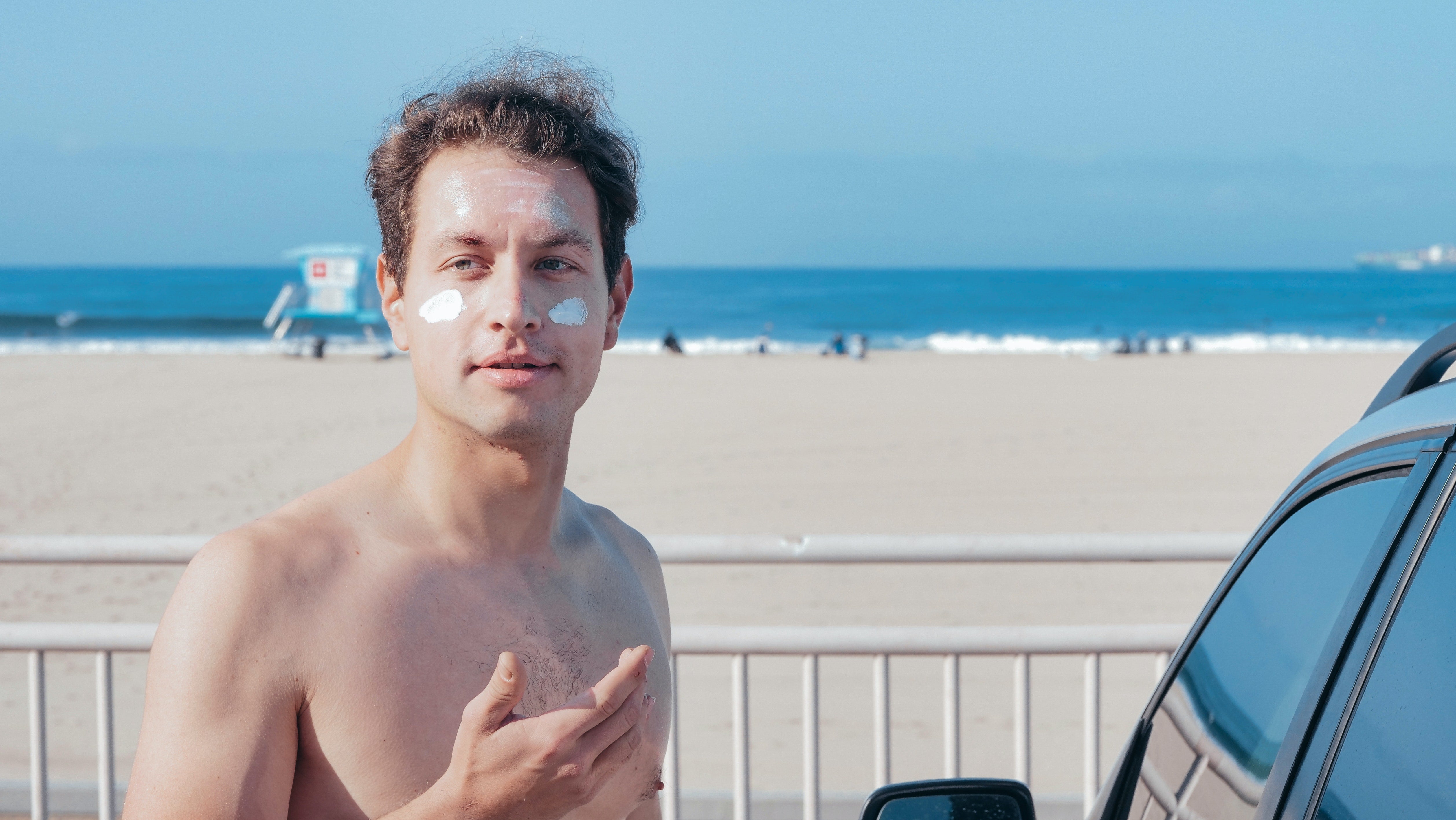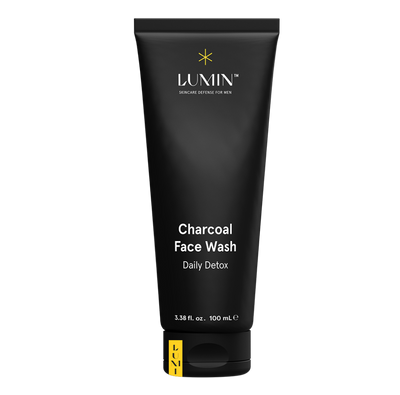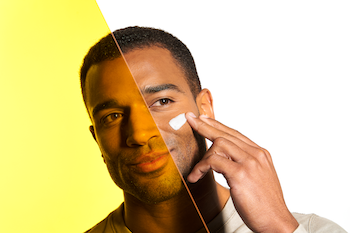The Top 3 Benefits Of Mineral Sunblock

Why mineral sunscreen is better for you... and the environment.
4 MINUTE READ


Why mineral sunscreen is better for you... and the environment.
4 MINUTE READ

The bottom line when it comes to sunscreen is this: using some type of sun protection is better than nothing to prevent sun damage and skin cancer. But since we strive for premium quality ingredients plus the best skincare results possible, subpar products just don’t cut it around here.
There are many sunscreen options on the market these days, but their quality varies. There are multiple concerns to consider when it comes to using SPF products, so let’s break it down.
To get the most powerful sun protection possible, you need a formula that blocks both UVB and UVA rays. UVB radiation is the primary cause of sun damage and skin cancer, while UVA rays penetrate the skin’s layers more deeply and lead to premature aging and leathery-looking skin. UVA rays can also up your risk of developing skin cancer, and neither help preserve your youthful looks. No matter what your primary concerns are when it comes to sun exposure, you can’t go wrong by using a good sunblock.
When you start shopping for an SPF product, you’ll find two types of formulas: mineral-based sunblocks or chemical-based sunscreens. You might be wondering why this matters, but in terms of maximum safety and efficacy, there are some important differences between these two types of products.
Mineral sunscreen acts as a shield on the surface of your skin –– it literally blocks the sun’s rays with titanium dioxide or zinc oxide. As such, mineral-based sunscreens are called sunblocks. Chemical sunscreens, on the other hand, use chemical filters that absorb and convert ultraviolet radiation before it can penetrate your skin. Both types of formulas work when it comes to protecting your skin, but mineral sunscreen offers important benefits which make it our formula of choice. Read on to learn more about the top three benefits of mineral sunscreen and why it’s the best sunscreen for your face (and everywhere else).
Research shows that the chemicals used in chemical-based sunscreens may not be all that safe. Avobenzone, oxybenzone, octocrylene, homosalate, octisalate, and octinoxate absorb into the bloodstream above the amounts flagged by the FDA as potentially toxic. Moreover, they may also linger and accumulate in the body’s tissues over time.
Also, while we need further research to determine its effects, the Environmental Working Group (EWG) recommends avoiding oxybenzone since this can cause allergic skin reactions and hormonal disruptions in some people.
Conversely, the two most commonly used ingredients in mineral sunblocks, zinc oxide and titanium dioxide, are the only sunscreen ingredients recognized by the FDA as generally safe. If you’re concerned about exposure to potentially toxic sunscreen chemicals, mineral sunscreen is your safest bet.
The most common type of skin reaction from chemical sunscreens is contact dermatitis.
Chemical sunscreens can cause irritation for people with sensitive skin and may make certain skin conditions, such as melasma, eczema, and rosacea, worse. Some people are also allergic to the chemicals in sunscreen themselves, even when another skin condition or sensitivity isn’t present.
If you’re concerned about the effects of chemical-based sunscreens on your skin, opt for a mineral-based formula made for sensitive skin.
The National Ocean Service reports that chemicals found in chemical-based sunscreen products may pose a significant threat to marine life and coral reefs. When you swim or shower with chemical sunscreen on your skin, these chemicals enter our waterways and cause damage to the marine environment, including algae, fish, and dolphins.
The link between coral reef damage and skincare chemicals is an area of ongoing research. In the meantime, you can protect both the oceans and your health by choosing mineral-based sunscreens and ditching potentially toxic products.
When it comes to the difference between mineral and chemical sunscreen, the better choice is clear. Premium, mineral-based sunscreens offer safer sun protection plus significant skincare benefits.
We created our UV-Defense Moisturizing Balm with SPF 30 to protect your skin from sun damage while nourishing it with high-impact skincare ingredients. We know that ordinary mineral sunblocks can feel sticky and chalky, and they often leave a white cast on darker skin tones. Since you probably won’t use a product that doesn’t look and feel great, we created a light, non-greasy formula that absorbs into all skin types seamlessly –– just like best skincare should. Remember that sunblock helps protect your health and your skin long-term, so make this skincare step a daily habit (year-round) for best results.

There’s nothing like that ‘aaahh’ feeling when you’ve splashed cool water over a fresh, clean face. Our Charcoal Face Wash Daily Detox is made specifically for men’s skin, working to remove grime while keeping your skin’s pH balanced. Go ahead and say it, aaahhhh.


Pesky dark circles bumming you out? Complicated skin care routines have you overwhelmed? Take our quick skincare quiz and we’ll send you a free, personalized men’s skincare kit.
START SKINCARE QUIZ